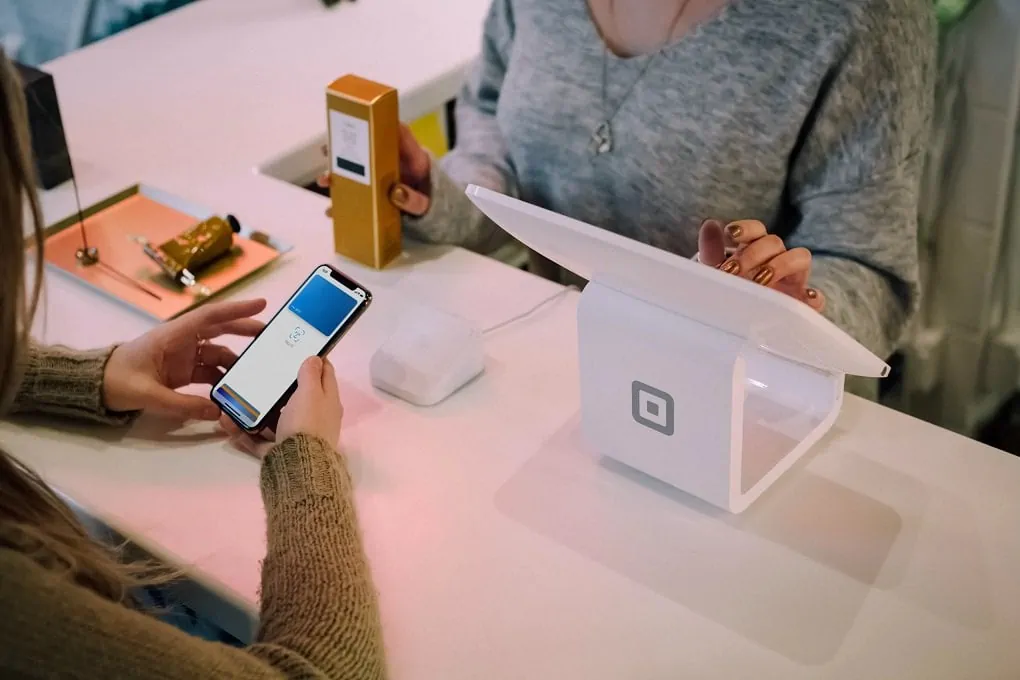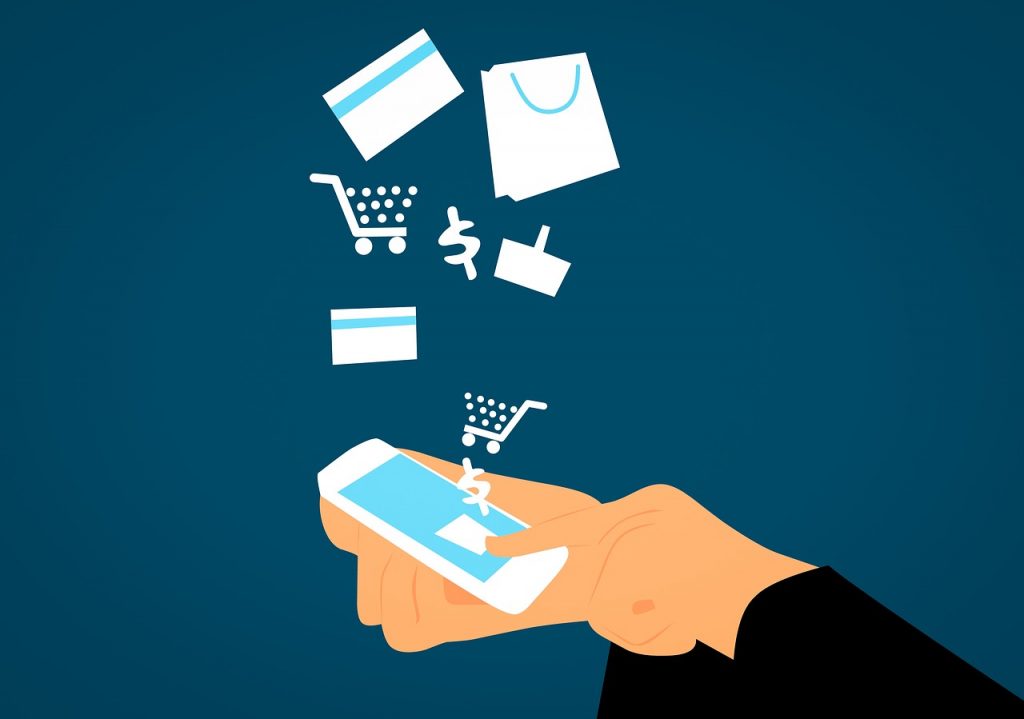The introduction of the Internet and other modern technologies has enabled superior finance management and drastically reduced both human input and paper waste. For instance, payment processors have enabled seamless solutions and subsequently paved the way for instant, electronic transactions.
Payment processors are more beneficial than traditional methods, as the money will enter the account immediately while still documenting all the same information to provide a paper trail, should one ever be needed. Some years ago, cheques were all too common, but they were inefficient, as they required significant waiting times for them to clear and created a lot of paperwork. Nowadays, there are so many methods available that often small business owners’ question what their options are for accepting payments and lose vast quantities of time to determining an ideal solution.
It can be challenging to keep on top of your online business at the best of times, and so using payment processors can aid in this regard because there is less administration work required in sorting cheques and so forth. With faster processing, companies can sort through more transactions and in turn increase the amount of business they conduct in a given period.
There are several leading payment processors which have set the benchmark for today’s payment solutions, such as PayPal and Visa. PayPal does charge fees but they are fixed and do not fluctuate in accordance with the card used to make a payment. Additionally, the initial set up is free, and it does not charge per month for the account to be active.
Payment processors have permeated most corners of technology, and this includes cryptocurrency, too. Cryptocurrency originated with Bitcoin, a peer-to-peer electronic cash system designed by Satoshi Nakamoto to enable financial self-sovereignty. When it was first introduced, a person had to successfully solve a cryptographic puzzle to obtain one. However, as the industry has evolved it is now possible to buy crypto with PayPal, itself widely seen as being a similar type of technological innovation to cryptocurrencies. This is to aid newcomers in acquiring cryptocurrency by removing the technical barriers that previously restricted access to them.
Elsewhere, payment processors have either been developed for, or used in conjunction with, mobile phones to enable users to seamlessly transact using a handheld device. Most phones that utilize popular operating systems, such as Android or iOS, facilitate this function. For example, Apple Pay and Google Pay are two of the safest ways to spend money using a mobile phone. One leading benefit behind using a phone to pay is that you do not need your card, nor is it required for you to enter the PIN number to make a transaction – you need only scan your phone. In turn, businesses opt to accept payments in this way because it speeds up the entire process for both parties. Since many mobiles now feature a fingerprint or face scanner, they have become increasingly safer to use, as someone would need your biometric data to access the phone and subsequently spend with it.
Payment processors have risen to prominence for good reason. They have significantly reduced human input, set inflexible fees and broken barriers that prevented access to a wide array of services. Since the payment processor market is largely dominated by a few global entities, using them also offers enhanced security as they are heavily regulated to ensure customer protection is guaranteed. As such, many businesses utilize the technology to streamline their operations and allow customers to transact with ease.




